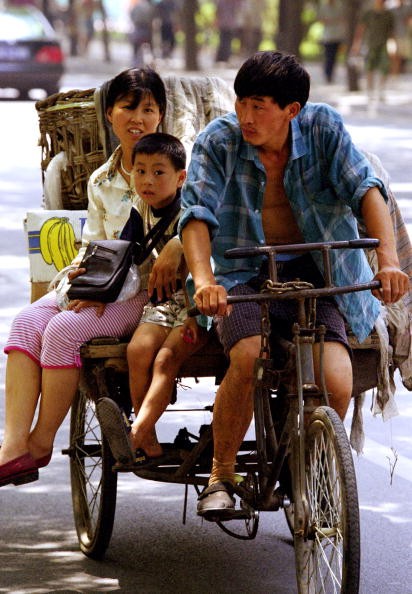According to a senior family planning official, China will need a long time--and not just "20 or 30 years"--to ease its childbearing policies.
Speaking at the State Council Information Office on Monday, Wang Pei'an, National Health and Family Planing Commission's deputy director, remarked that the country's family planning policy is a changing process.
"The essence of family planning has changed from curbing rapid population growth to striving for overall balanced demographic development," China Daily quoted the family planning executive.
Wang refers to the new measures which took effect on Jan. 1 of this year. These include the scraping of the birth permit procedure and the maternity care model under the new two-child policy.
Citing the country's huge population base, Wang further pointed out that it will take officials a long period to roll out overall guidance and management for childbearing.
"Those who violate the rules by having more children will still be subject to the punishment of a social maintenance fee," Wang added.
Back in October last year, the Communist Party of China (CPC) announced the historic family planning amendment, which ended the decades-long one-child policy of the country.
"[The Chinese government will] fully implement a policy of allowing each couple to have two children as an active response to an aging population," the CPC said in a statement.
The party also noted that the government will carry on its family planning policy while improving its population strategy. Moreover, officials emphasized that their priority is to have a balanced development of population.
Prior to the move, couples who violated the one-child policy faced a number of penalties and issues such as forced abortions and loss of employment.
Previously, Li Bin, head of the commission, said, "Having fewer children and giving them a better growing environment has become a mainstream belief of society," adding that the new policy will help maximize China's democratic structure.



























